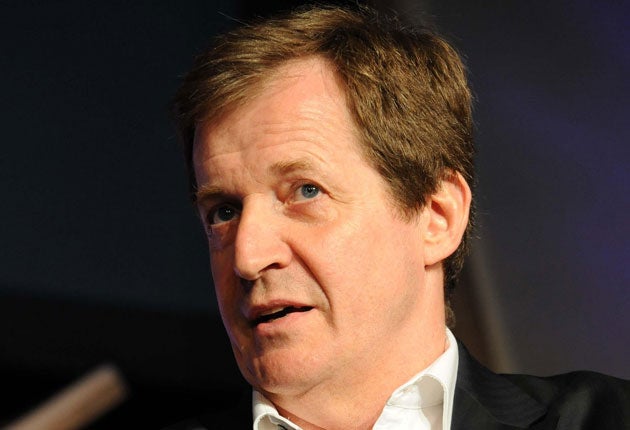Eight years on, the last British soldier leaves Iraq

Your support helps us to tell the story
From reproductive rights to climate change to Big Tech, The Independent is on the ground when the story is developing. Whether it's investigating the financials of Elon Musk's pro-Trump PAC or producing our latest documentary, 'The A Word', which shines a light on the American women fighting for reproductive rights, we know how important it is to parse out the facts from the messaging.
At such a critical moment in US history, we need reporters on the ground. Your donation allows us to keep sending journalists to speak to both sides of the story.
The Independent is trusted by Americans across the entire political spectrum. And unlike many other quality news outlets, we choose not to lock Americans out of our reporting and analysis with paywalls. We believe quality journalism should be available to everyone, paid for by those who can afford it.
Your support makes all the difference.Britain's eight-year presence in Iraq formally comes to an end today, when the remaining 170 troops depart, spelling the end to one of the most controversial military campaigns ever conducted in recent British history.
Operation Telic, the mission to join the US in removing Saddam Hussein, began in April 2003. In total, 178 UK service personnel and one Ministry of Defence civilian died, with an estimated 100,000 Iraqis killed.
But it was the run-up to the decision to go to war for which Tony Blair will be most remembered. Even as troops prepared to withdraw, Alastair Campbell, the former No 10 director of communications, dismissed claims by Major General Michael Laurie that the purpose of the September 2002 dossier was "to make a case for war, rather than setting out the available intelligence".
Today, the final troops, predominantly those who remained in the port of Umm Qasr to train the Iraqi navy, will depart, while a smaller Nato presence will stay.
Brigadier Max Marriner, the commander of British forces in Iraq, said: "The UK armed forces can look back with pride at what they have achieved – security has fundamentally improved and as a consequence the social and economic development of the south has changed for the better, as too have people's lives."
Liam Fox, the Secretary of State for Defence, told Parliament last week: "Thanks to the sacrifice, commitment, and professionalism of thousands of British servicemen and women, southern Iraq is an area transformed."
More than 46,000 British military personnel were committed to Operation Telic, costing the country more than £10bn.
Join our commenting forum
Join thought-provoking conversations, follow other Independent readers and see their replies
Comments